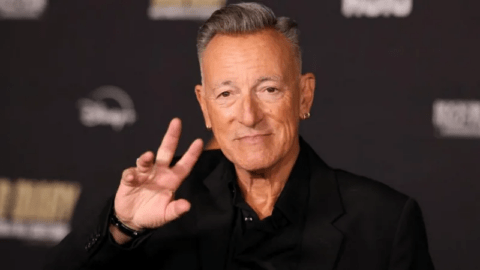Fête de la Musique, also known as Make Music Day or World Music Day, was first celebrated in Paris, France, in 1982 and has since become a global phenomenon.
The idea was initiated by Maurice Fleuret, who, upon discovering that a significant portion of the French population played musical instruments, envisioned a day when music could be celebrated publicly.
This concept was actualized under the French Ministry of Culture, with the first festival bringing music to the streets and making it accessible to everyone.
Over the years, the festival has taken on various forms worldwide, adapting to local cultures and traditions.In Uganda, Fête de la Musique has been celebrated for years, evolving in its expression.
This year’s celebration took place at the Kampala Sheraton Hotel, organized by Alliance Française, featuring performances by artists such as Brian Alideki, Makadem, Joshua Baraka, and Azawi.
Unlike typical local shows that often start late, this event began promptly at 5 pm, staying true to the festival’s participatory nature. Early performances by the Nilotika Troupe engaged the audience, setting a participatory tone for the evening.
The real highlights began with Biya from Mbale, whose soulful and poetic music, influenced by Tshila and Masaba sounds, captivated the audience. Alideki’s performance mixed Afro and ethno-pop, celebrating Africa and Uganda’s beauty.
Known for his tours both locally and internationally, Alideki’s song “Mujje Tulambule” resonated strongly with the audience, who sang along enthusiastically.
Joshua Baraka, fresh from a European tour, delivered an impressive performance backed by Double Black, a band from Swangz Avenue.
Baraka, who gained mainstream success with his hit “Nana,” proved his versatility by performing a range of songs, including “Jolene,” “Dreams,” and his recent Amapiano tracks “Ninda” and “Alone.” Despite their recent release, the audience was familiar with these songs, showcasing Baraka’s growing influence.
Makadem, a Kenyan fusion artist, also stood out with his ability to engage the audience with unfamiliar songs, maintaining their interest throughout his extended set.
His performance, along with Baraka’s, may have overshadowed even the closing act, Azawi. Azawi’s performance marked the end of an event that successfully made World Music Day a public celebration in Uganda, moving away from its previously perceived exclusivity and engaging a broader audience.









